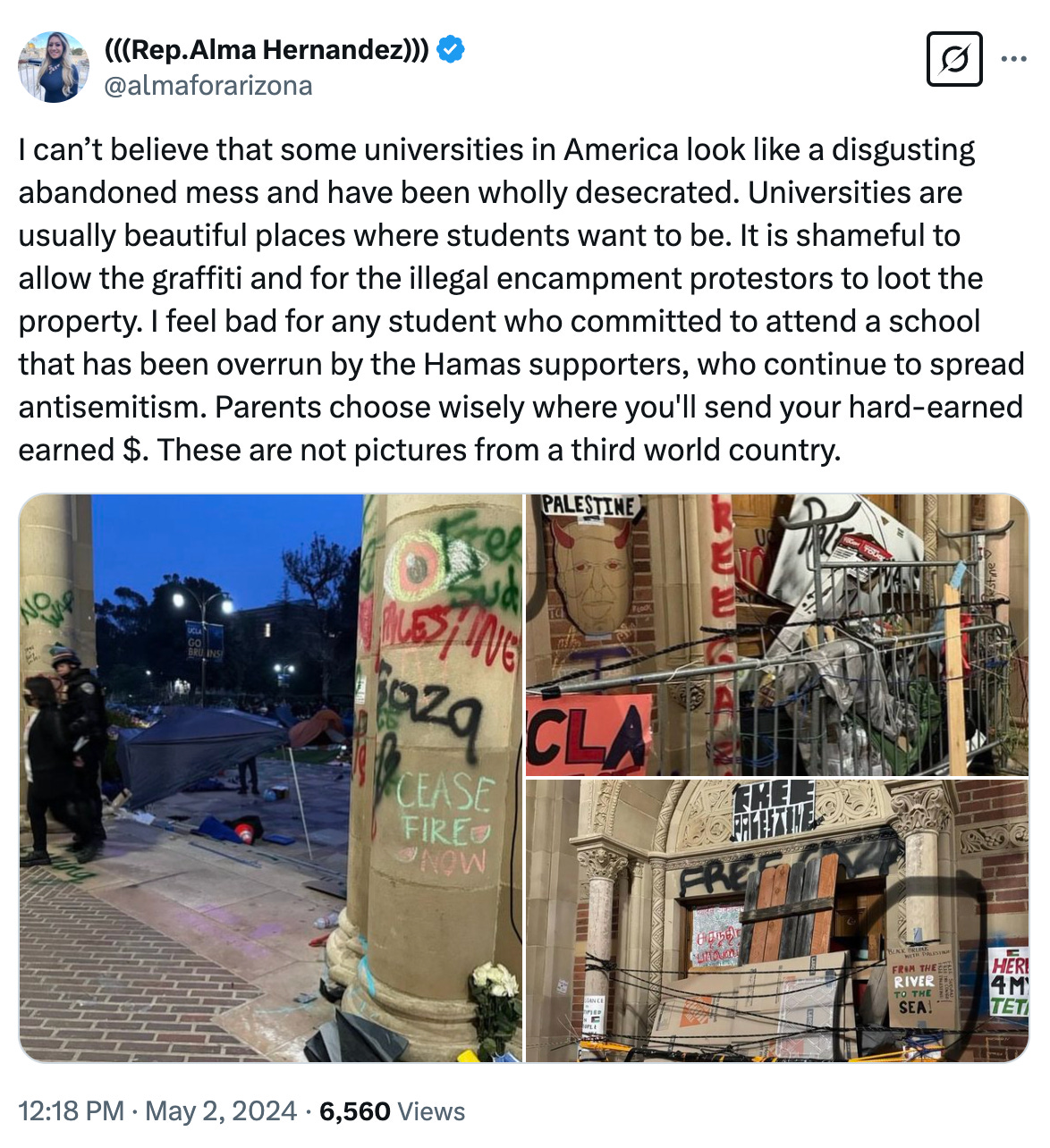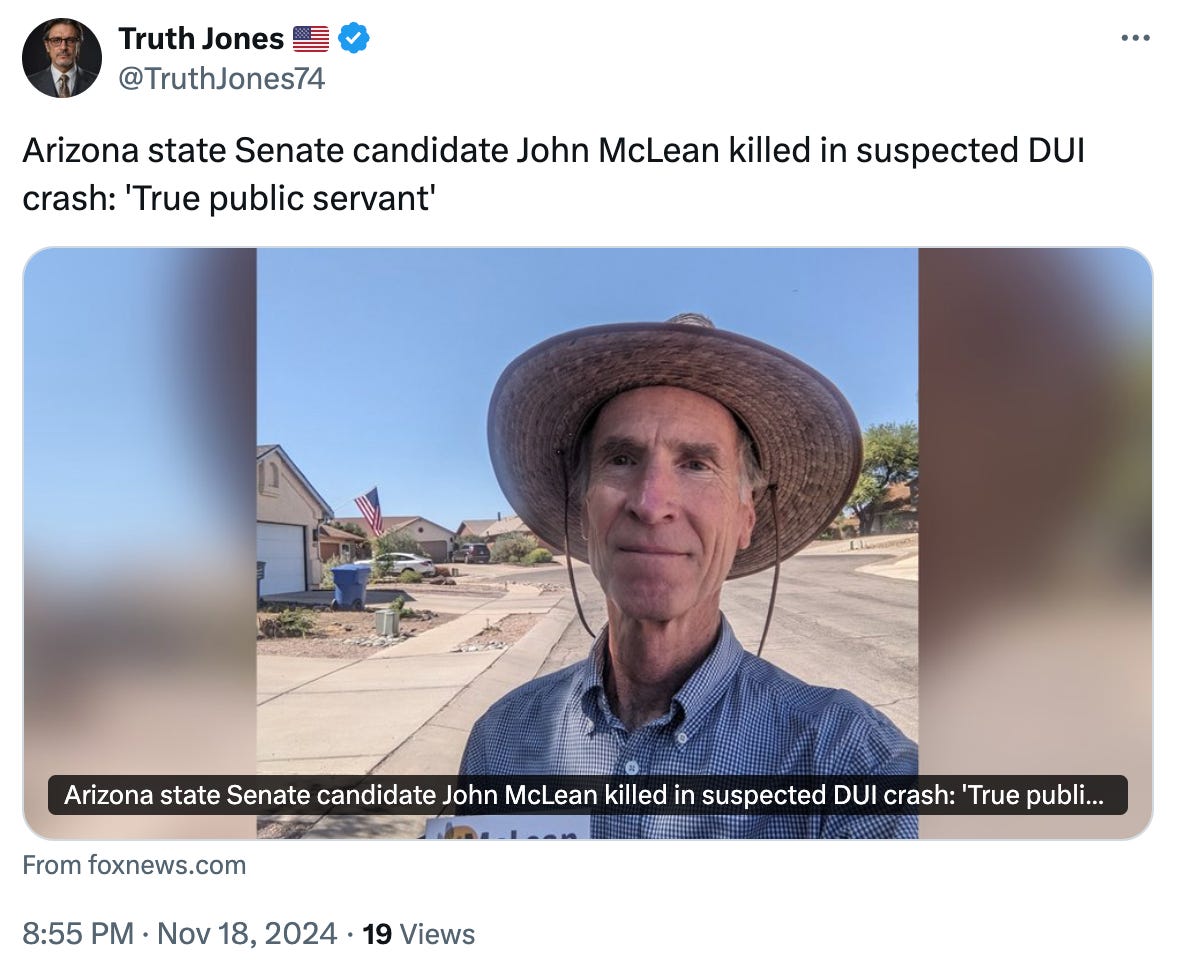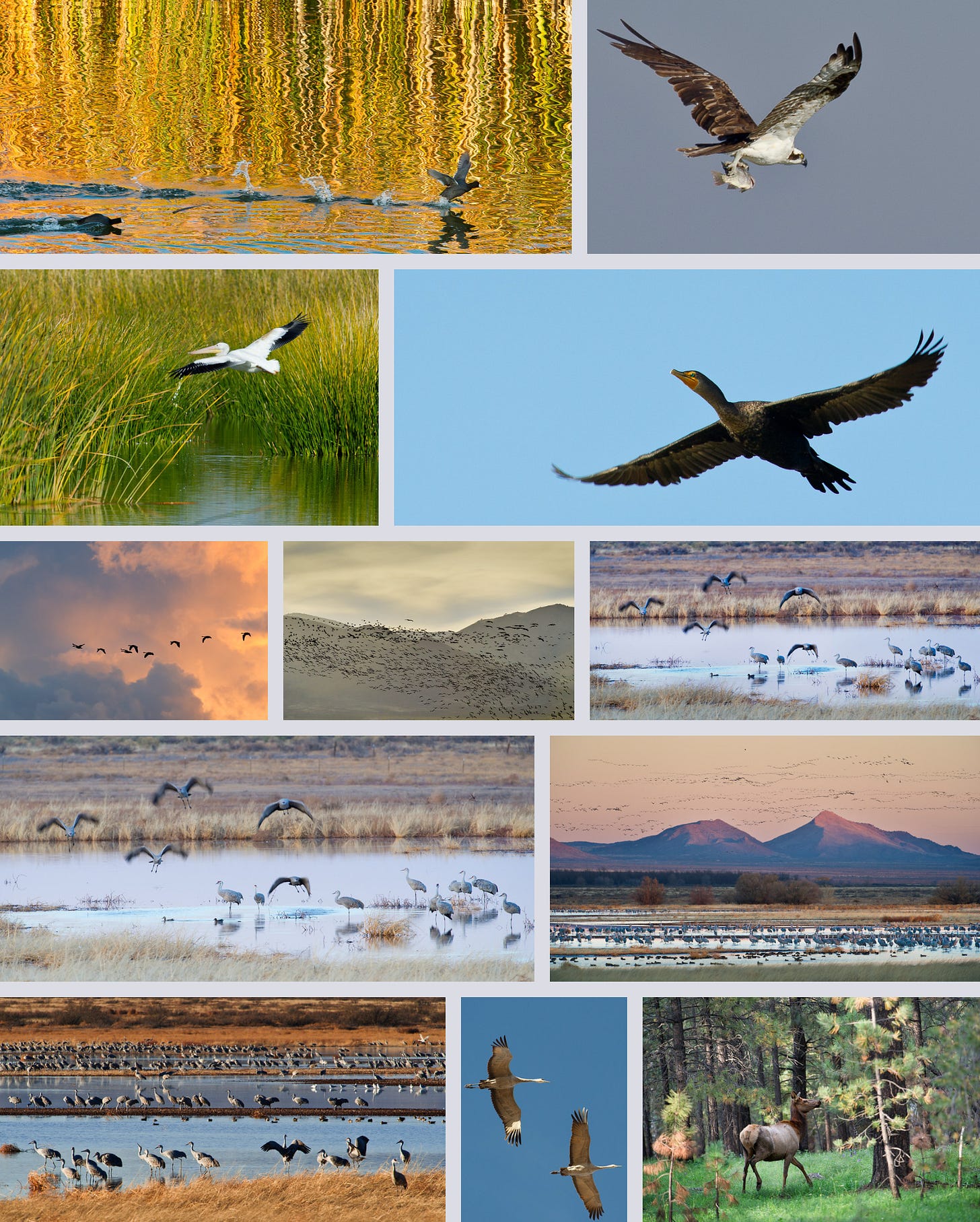Tucson bills on the move
It ain’t easy being a Dem at the Capitol … Did you vote? … And Rogers won’t give up.
The dozen lawmakers who represent the Tucson area at the state Capitol introduced more than 200 bills this year.
But as the session progressed, the vast majority of those bills were culled.
A lot of that had to do with the fact that most Tucson lawmakers are Democrats and both chambers of the Legislature are controlled by Republicans. Dozens and dozens of bills from local Democrats never even got a hearing.
Still, Tucson lawmakers have more than a few high-profile bills that are still alive.
As you might’ve guessed, Tucson’s two GOP lawmakers have far more bills alive than all 10 local Democratic lawmakers combined.
Although the GOP bills have an easier time clearing the hurdles at the Legislature, they’ll have a much harder time getting past Democratic Gov. Katie Hobbs’ veto stamp.
As it stands, about 35 bills from Tucson lawmakers were passed by either the House or the Senate and sent to the other chamber. Another dozen or so are close.
They are part of that final batch of bills that still have a shot at becoming law.1
Here are a few of the bills from local lawmakers that we’re watching.
Republican Rep. Rachel Keshel introduced 17 bills that were eventually passed by the House, while Republican Sen. Vince Leach has nine bills that passed the Senate.
Keshel and Leach both represent Legislative District 17, which runs from Saddlebrooke to Vail along the north side of the Tucson area.
Keshel is one of several Republican lawmakers trying to roll back Prop 139, the ballot measure Arizona voters approved in November to enshrine abortion as a fundamental right in the state Constitution.
One of those anti-abortion bills, HB2681, has already passed the House and is now in the Senate. It would place new restrictions on abortion-inducing drugs, including banning the delivery of medications and requiring pregnant women to see a doctor and undergo blood tests before it could be prescribed, among other restrictions.
Democratic Rep. Alma Hernandez’s HB2880 would make it illegal for people to set up encampments on any university or community college campus. It would also require the campus administration to direct law enforcement or campus security to immediately ask them to leave and initiate legal action if they refuse.
Hernandez was furious last year when students at the University of Arizona and Arizona State University, along with colleges around the country, staged days-long protests on campus in support of Palestinians.
But her fellow Democrats were relatively cool to the bill. Half of them voted against it in the House, but it easily passed with the support of most Republicans.
One of Keshel’s bills, HB2017, would ban the use of voting centers and restrict counties from establishing on-site early voting locations. The bill is already in the Senate and passed the Senate Judiciary and Elections Committee last week – though, like many of her bills, it’s dead on arrival to the governor’s desk.
Another of her election-related bills, HB2440, would prohibit the Arizona Attorney General from prosecuting county supervisors if they delay certification of an election, as long as they believe there are irregularities in the voting process.
That type of law would’ve helped two Republican Cochise County supervisors avoid being indicted on election interference charges after they delayed certifying the 2022 election results. Former Cochise County Supervisor Peggy Judd, a Republican, opted to plead guilty to a misdemeanor. But her colleague, Supervisor Tom Crosby, who won reelection in November, is headed to trial.
Democratic Rep. Consuelo Hernandez’s HB2262 would limit the size of the trains running through Arizona to 8,500 feet, or roughly 1.6 miles long. The bill hasn’t cleared the full House yet, but it’s ready for a vote, having cleared its committee.
In the wake of an alleged drunk driver killing Senate candidate John McLean last year, Democratic Rep. Kevin Volk, who was McLean’s running mate, introduced a bill designed to make it harder for people with DUI convictions to get behind the wheel.
Volk’s HB2886 would make it a class 6 felony to loan your vehicle to someone with a DUI conviction who’s required to have an interlock device, especially if they cause injury while behind the wheel. It’s ready for a vote on the House floor after being approved by the House Appropriations Committee.
Democratic Rep. Nancy Gutierrez is trying to get ultra-processed foods out of school lunches. Her HB2213 would ban the sale of those foods on campuses during the normal school day, but students could still bring them from home. That bill started as legislation to appropriate nearly $4 million for free and reduced-price school lunches, but had the ultra-processed food provision tacked on via an amendment. It’s ready for a final vote in the House.
Lawmakers are now in a crucial phase of the legislative session. That means your voice is as important as ever.
It might not seem like it, but lawmakers pay attention when they hear from their constituents. If you want to know how to become a “lobbyist” yourself, our sister newsletter the Arizona Agenda put together a handy guide to making your voice heard.
Of course, the easiest way to stay involved is to stay informed. And the best way to do that is to subscribe to the Tucson Agenda (or really any news outlet you like. The local news business is in dire straits, so every little bit helps!)
Take Action Tucson held three rallies over the weekend in observance of International Women's Day in Tucson.
Each rally, held in different parts of the Old Pueblo, drew a combined crowd of over a thousand people peacefully protesting various actions taken by the Trump administration in the last six weeks.
Tucsonans held up signs critical of the recent federal layoffs, the Trump administration pulling support for Ukraine, the push against Diversity, Equity and Inclusion in governmental programs, and attempts to strip away reproductive rights.
One of the organizers, who asked to be identified as Aileen, said she set up Saturday’s events after a call for an International Women's Day protest failed to materialize.
It’s not too late to vote for or against Tucson’s Proposition 414, but please don’t put your ballot in the mail.
You can drop off your ballot at the following locations:
Tucson City Clerk Elections Center, 800 E. 12th Street
Pima County Recorder's Office, 240 N. Stone Avenue
And you can vote in person at any polling place on Tuesday.
We’re curious how Tucson Agenda readers voted on Prop 414. After all the news coverage over the past few months, what did you end up deciding?
Starter homes on their way: The state Senate narrowly passed a bill that would restrict how cities can regulate housing, Axios’ Jeremy Duda reports. The goal of the Arizona Starter Homes Act is to make it easier to build more housing to alleviate the statewide shortage. It would block large cities from enacting certain zoning rules or design features, like requiring a garage. The bill has bipartisan support and passed the Senate on a 16-13 vote.
Defund the cities: Another bill that would impact cities is HB2221, which would cut state funding for any city that reduces its law enforcement budget. That bill passed the House already and a Senate panel gave it the greenlight last week, Capitol Media Services’ Howard Fischer reports. The bill’s sponsor, Republican Rep. David Marshall, says he wants to head off “activists that are still screaming about defunding the police.”
Let the games begin: As the political gamesmanship unfolds around the state budget, Gov. Katie Hobbs is asking for more money for the school voucher program, the Arizona Republic’s Mary Jo Pitzl reports. Hobbs, a Democrat, has staunchly opposed the program, but she’s making a point about the budget process to help her case to get $122 million for the Division of Developmental Disabilities.
Still snapping away: After a long, illustrious career taking photographs in Arizona, local photographer Jack Dykinga is set to be part of the inaugural Arizona Highways Hall of Fame, the Arizona Daily Star’s Henry Brean reports. An editor at Arizona Highways says they’ve published at least 500 of Dykinga’s photos, but after 40 years there have been so many that nobody really knows.
Friendship on the rocks: President Donald Trump is pushing the bizarre idea of annexing Canada, along with putting tariffs on Canadian goods. That’s a big turn-off for Canadian snow birds, some of whom are flying away from Tucson, Star columnist Tim Steller writes. Statewide, about 100,000 Canadian snowbirds spend part of the year in Arizona.
“When Trump got elected and started saying he was going to take over Canada or economically devastate us, I thought I can’t spend any time down here. I can’t just contribute to the economy,” said Canadian Tucson resident Valerie Jewison.
First-time help: Another $28 million is now available for first-time homebuyers in Pima County, the Tucson Sentinel’s Natalie Robbins reports. The PimaTucson Lighthouse program, which is run by the Tucson and Pima County Industrial Development Authorities, has helped fund about $150 million in mortgage loans since 2023.
Flagstaff Sen. Wendy Rogers’ bill to rename State Route 260 as the Donald J. Trump Highway died in the Senate this week.
This is the third time that Rogers – who twice ran for Congress to represent the northern tip of Tucson – floated the bill to rename a section of State Route 260 after the president.
The measure failed by a single vote after one Republican voted against it and another was a no-show.
Rogers vows to run it again – even though the state requires honorees to be deceased before renaming a highway.
Every year, about 300-ish bills get signed into law.











ProPublica had some great reporting on ESAs last summer. The program is not only fiscally irresponsible, but also making education equity in our state way worse. Along with the flat tax, it's essentially a massive give away to the wealthy on the backs of every day Arizonans.
https://www.propublica.org/article/arizona-school-vouchers-budget-meltdown
Bad penny Wendy needs to go away.